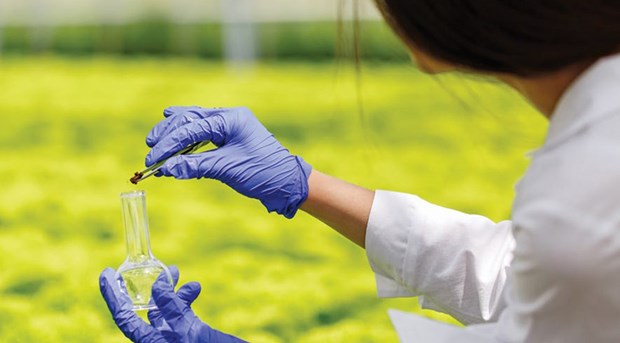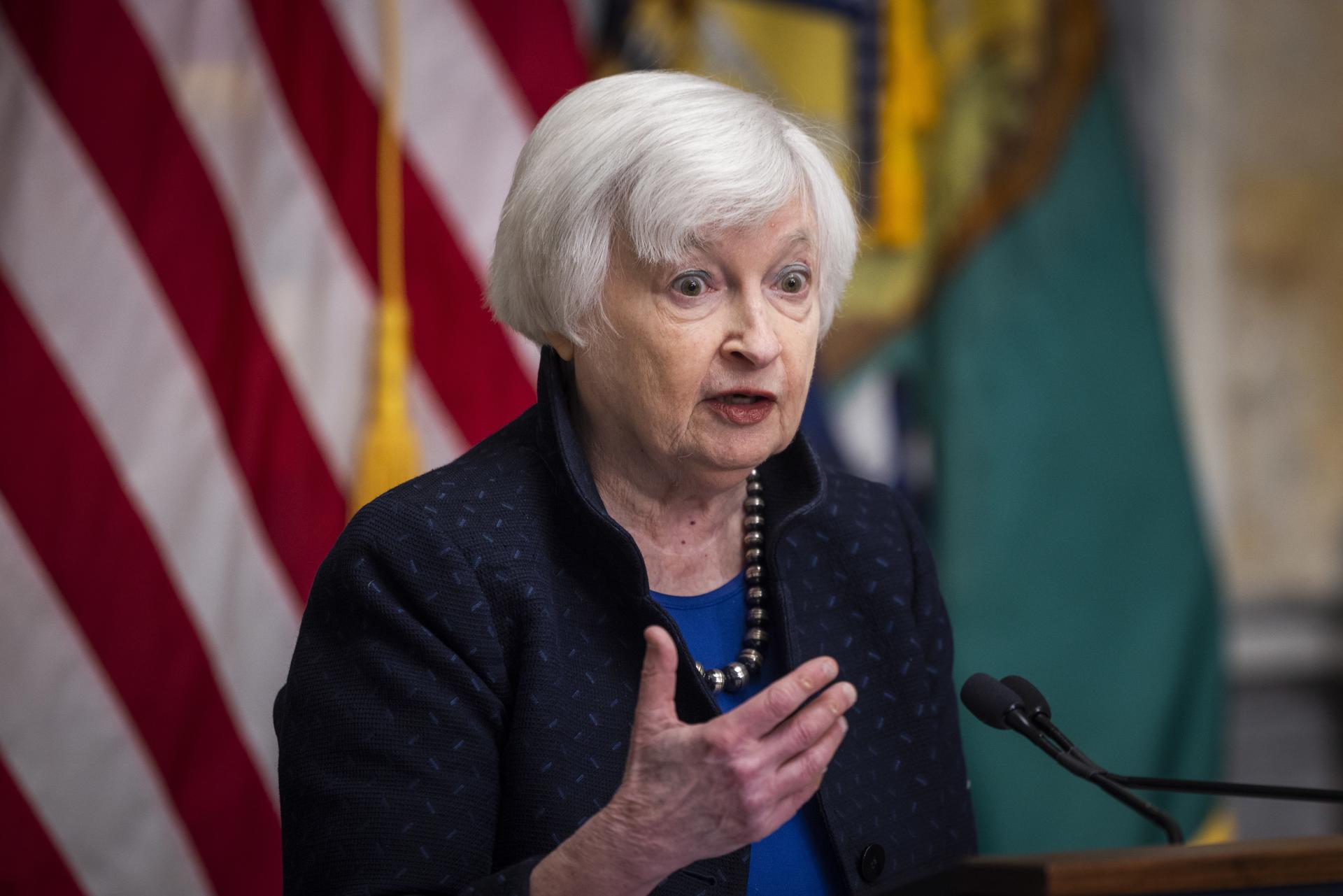Thailand adopts strategic plan on bio, circular and green economy
The Government of Thailand has adopted a strategic plan on the bio, circular and green (BCG) economy to drive economic growth from 2021 to 2026.

Bangkok (VNA) – The Government of Thailand has adopted a strategic plan on the bio, circular and green (BCG) economy to drive economic growth from 2021 to 2026.
The five-year strategic plan was approved at the first meeting of a management committee to drive the BCG economy chaired by Prime Minister Prayut Chan-o-cha on January 13.
According to PM Prayut, the government agreed to place BCG on the national agenda to speed up development because the sectors can increase the value of farm products and BCG is part of a global development trend.
The BCG strategic plan covers four sectors: farm and food; healthcare and medical services; energy and biochemicals; and tourism and the creative economy.
He said the government first plans to develop the bio-economy, as Thailand has more than 30 million people working in the farm sector, yet most of them remain in poverty.
He noted that the BCG committee established seven working committees to drive the development, improve regulations and attract real investment.
The development plan calls for the government to increase the value of farm products and generate more income for the farm sector.
It aims to generate 4.4 trillion baht (146.5 billion USD) worth of income, or 24 percent of GDP, and create 16.5 million jobs by 2022, up from 3.5 trillion baht in 2019.
Deputy Prime Minister Supattanapong Punmeechaow said the government is considering various measures to promote the industry as well as privileges from the Board of Investment (BoI). Last June the BoI approved adjusting investment privileges and conditions for agriculture categories, such as a new agriculture category that applies high technology in plant factories./.




